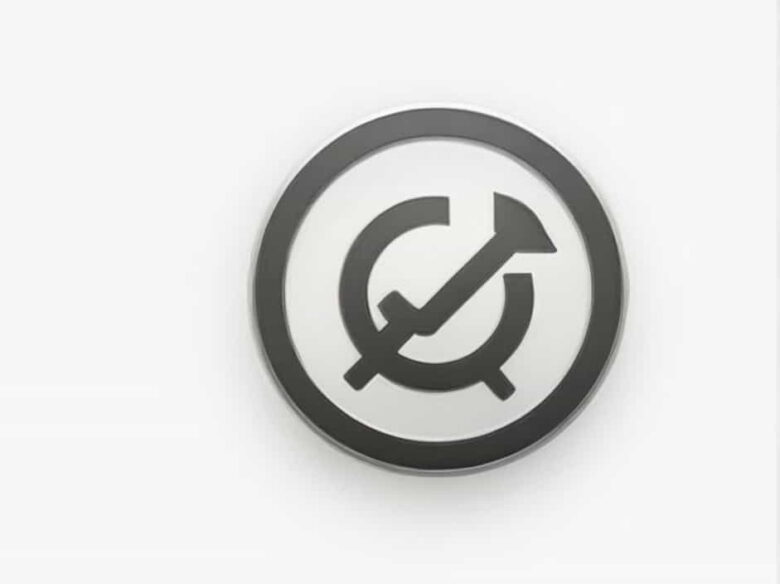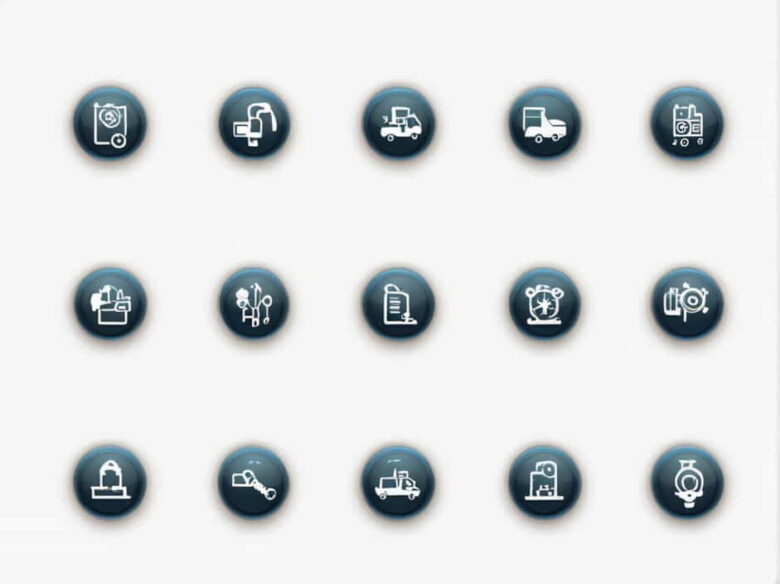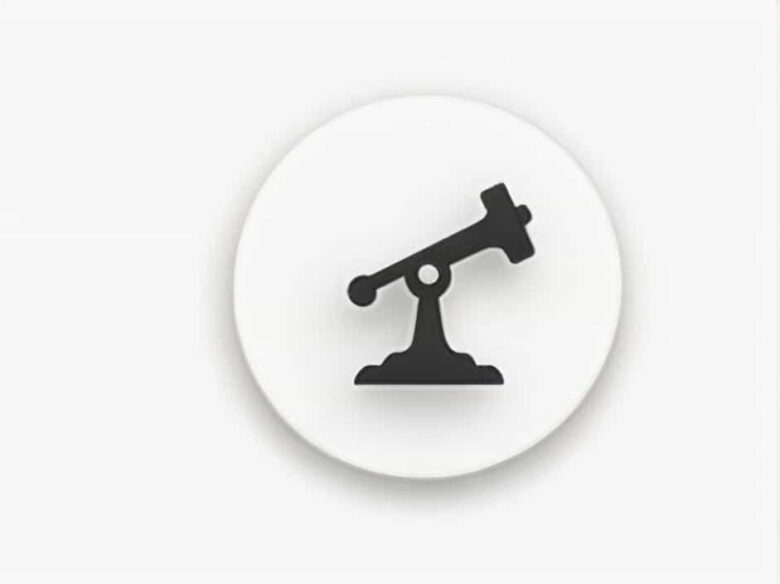An underdeveloped economy refers to a country or region where economic growth is slow, living standards are low, and industrial development is minimal. These economies often struggle with poverty, unemployment, and weak infrastructure. Understanding the key features of an underdeveloped economy helps policymakers and economists design strategies for improvement. One major feature of an underdeveloped …
Marxian theory of economic development, proposed by Karl Marx, is one of the most influential theories in the field of economics and political science. It explains how capitalism leads to economic growth but also causes class struggles and social inequalities. While the theory has been praised for its insights into capitalism and social dynamics, it …
The term postindustrial refers to a stage of economic development where a society transitions from an economy dominated by industrial production to one primarily focused on services, technology, and knowledge-based industries. This shift marks a significant change in employment patterns, economic priorities, and societal structures. In a postindustrial economy, manufacturing and heavy industry no longer …
Economics is a fundamental social science that explores how individuals and societies allocate scarce resources to satisfy their needs and wants. From daily spending decisions to national policies, economics helps explain how choices are made when resources are limited. Understanding economics allows us to grasp how people prioritize their needs, how markets function, and how …
Public finance plays a critical role in shaping the economic direction of a country. It encompasses the management of government revenues, expenditures, and the debt. Throughout history, political and economic shifts have led to varying approaches in managing public finances, often marked by counterrevolutionary measures, periods of extravagance, and demands for austerity. Understanding these concepts …
Unemployment is a critical issue in economics, affecting individuals, businesses, and entire economies. Understanding the nature of unemployment helps policymakers, economists, and governments develop strategies to reduce joblessness and maintain economic stability. Unemployment can be classified based on its causes, duration, and impact on the economy. This content explores the different types of unemployment, the …
Frictional unemployment is a natural part of any healthy economy. It occurs when workers are temporarily unemployed while transitioning between jobs, entering the workforce for the first time, or re-entering after a break. Unlike other types of unemployment, frictional unemployment is often short-term and voluntary, reflecting the time it takes for individuals to find a …
A protective tariff is a type of tax imposed on imported goods to shield a country’s economy from foreign competition. Governments implement protective tariffs to support domestic industries, preserve jobs, and maintain economic stability. By making imported products more expensive, these tariffs encourage consumers to buy locally produced goods, fostering national economic growth. Understanding protective …
The relationship between landownership concentration and the expansion of education has long been a subject of debate among historians, economists, and policymakers. In many societies, large landowners have played a crucial role in shaping economic and social policies, including education. The degree to which land is concentrated in the hands of a few individuals or …








